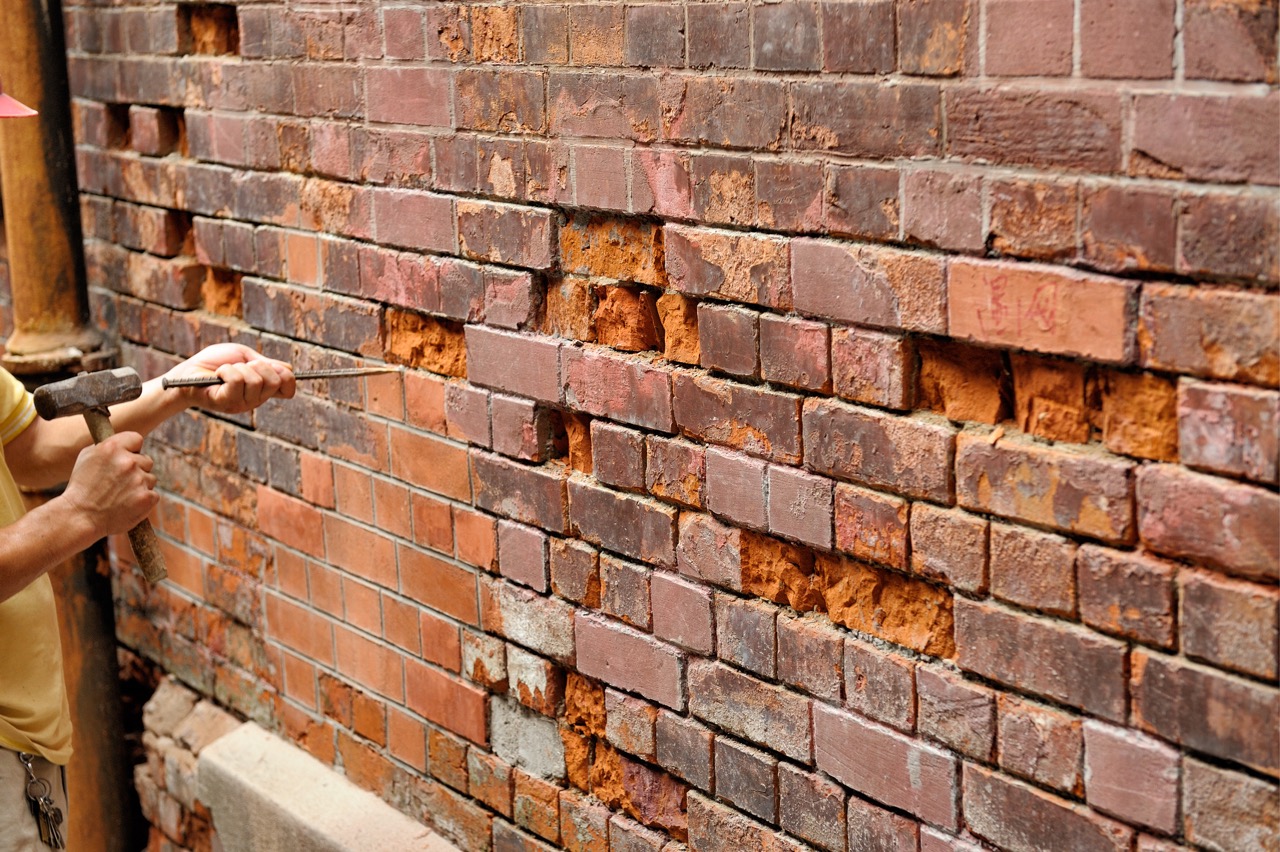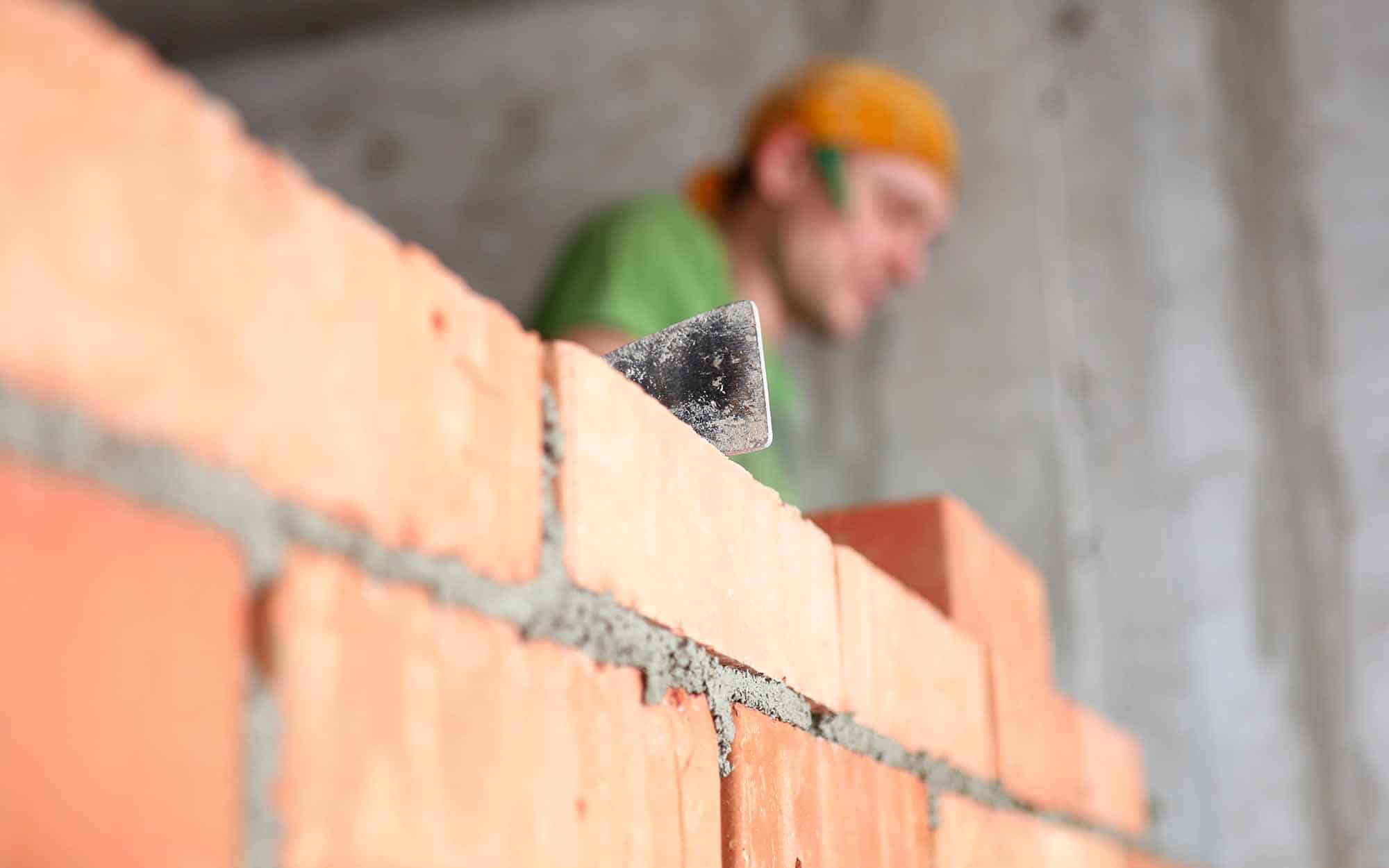Chimney Flashing and Cap Repair: Shield Your Home from Elements
Chimney Flashing and Cap Repair: Shield Your Home from Elements
Blog Article
Opening the Tricks of Sustainable Stonework Building Practices for Eco-Friendly Buildings
Amongst the myriad strategies to environmentally friendly building, sustainable masonry building and construction stands out as a tried and true and resilient approach that holds a wealth of untapped potential. From the option of materials to ingenious building and construction techniques, the secrets to attaining sustainability within masonry building are complex and appealing.
Advantages of Sustainable Masonry Construction
Accepting sustainable masonry building practices not only decreases environmental impact but also provides lasting economic benefits to home builders and neighborhoods. By using products like recycled bricks, blocks, and stones, building contractors can dramatically lower the carbon footprint of their tasks while promoting resource efficiency. In addition, sustainable stonework construction techniques, such as correct insulation and thermal mass buildings, can enhance power performance within structures, bring about reduced operational expenses gradually.
Furthermore, the toughness and strength of masonry structures add to long-lasting economic advantages. Structures built making use of sustainable masonry techniques commonly require much less upkeep and repair work, equating to cost savings for building contractors and homeowner. The long life of masonry materials also makes sure that frameworks stay secure and safe, minimizing the requirement for frequent restorations or substitutes.
Eco-Friendly Stonework Products
Making use of green stonework materials is a crucial step towards boosting the sustainability of building techniques and decreasing ecological influence while maximizing long-term financial benefits. Lasting stonework products are sourced, created, and made use of in a manner that reduces overall environmental impact. Lasting concrete blocks integrate recycled accumulations and may include enhanced insulation properties, adding to power efficiency in buildings.
Furthermore, all-natural materials like adobe, rammed earth, and straw bundles supply exceptional thermal mass buildings, minimizing the need for home heating and cooling power. These materials are typically in your area readily available, promoting local economies and lowering transportation-related carbon discharges. By selecting environment-friendly masonry materials, construction jobs can considerably decrease their ecological impact and contribute to the creation of healthier, more lasting developed settings.
Energy-Efficient Masonry Strategies
Energy efficiency plays an important role in enhancing the sustainability of masonry construction practices. By implementing energy-efficient masonry techniques, builders can dramatically lower the total power consumption of a building, causing reduced functional expenses and a smaller ecological footprint. One vital energy-efficient stonework technique is the use of thermal mass, which includes including thick materials like concrete or brick into the structure's structure to soak up and save warm. This helps manage indoor temperature levels, decreasing the requirement for mechanical home heating and cooling down systems.

Innovations in Sustainable Stonework
Recent advancements in sustainable masonry techniques have produced ingenious techniques that are reshaping the building and construction industry. One such innovation is the advancement of self-healing concrete, which utilizes microorganisms embedded within the concrete to heal find more information cracks autonomously. This breakthrough not only lowers maintenance prices but likewise enhances the durability of masonry frameworks, contributing to their sustainability.
One more notable development is using recycled aggregates in stonework building - masonry contractor. By integrating products such as crushed ceramic waste or recycled glass into concrete mixes, contractors can decrease the environmental influence of building and construction projects while maintaining structural integrity. This practice not just diverts waste from garbage dumps but additionally conserves natural sources, making it a crucial development in sustainable masonry building and construction
Moreover, the integration of digital style tools, such as Building Info Modeling (BIM), is changing the means masonry frameworks are prepared and created. BIM permits even more precise calculations, reduced product wastage, and improved energy efficiency, inevitably causing more sustainable building techniques. These innovations jointly symbolize an appealing future for sustainable stonework building in the age of eco-friendly structures.
Future Trends in Stonework Sustainability
With the cutting-edge strides made in lasting stonework methods, the future trends in masonry sustainability are poised to more reinvent the building industry. One of the key fads shaping the future of stonework sustainability is the boosted integration of modern technology. Improvements such as Building Details Modeling (BIM) and online reality simulations are exclusive motors being made use of to optimize stonework building and construction procedures, bring about minimized product waste and boosted energy effectiveness in structures.
Additionally, the development of unique lasting materials is readied to play a considerable function in boosting the eco-friendliness of masonry construction. masonry contractor. Developments like self-healing concrete, recycled aggregates, and bio-based binders are acquiring traction for their capability to lessen environmental effect while keeping structural integrity

Final Thought
Finally, lasting stonework construction techniques supply many advantages for eco-friendly structures. By utilizing eco-friendly materials and energy-efficient techniques, masonry can contribute to an extra lasting constructed environment. Technologies in lasting masonry are continuously being developed to further enhance the ecological performance of structures. Looking towards the future, the trend of masonry sustainability is anticipated to grow, resulting in even more eco friendly and energy-efficient building and construction techniques in the years ahead.
Report this page